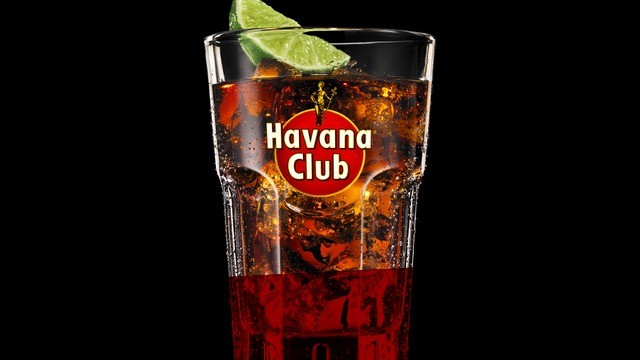Cuba Libre
Post on: 16 Март, 2015 No Comment

Forty-five miles off the Florida Keys, where the eastern waters of the Gulf of Mexico meet the Straits of Florida, lies the nub of U.S.-Cuba relations, suddenly in flux following Fidel Castro’s hospitalization.
It is there that Cuba plans to drill for oil, after the discovery of highly promising oil and gas reserves in the North Cuba Basin in 2004.
Should U.S. oil companies, such as Exxon Mobil. which was in pre-Castro Cuba in the 1950s, be involved in exploiting reserves so close to the continental United States? That would mean lifting or exempting them from the U.S. economic embargo against Cuba that has been in place since 1962.
Or should there be no exemptions to that embargo? That would leave the field wide open to China’s energy companies, which are evermore closely involved in the search for oil in the waters of the Americas.
It is a specific instance of a bigger question: Is doing business with the island the only way to stop post-Castro Cuba from developing commercial and political relationships that the U.S. considers unwelcome?
While it is a question that Castro’s illness has reopened, it is a reprise of the one Midwest agribusiness companies have been asking since the European Union decided last year to lift some trade sanctions against Cuba.
Western oil companies, including Canada’s Sherritt International and Repsol-YPF of Spain, have been looking for oil since Cuba opened up 112,000 square kilometers of its territorial zone in the Gulf of Mexico to foreign companies in 1999.
The U.S. Geological Survey has estimated that there could be 4.6 billion barrels of oil and 9.8 trillion cubic feet of natural gas there. It lies under deep waters, but high oil prices over the past couple of years have made extraction commercially viable.
Norway’s Norsk Hydro and ONGC Videsh. the overseas arm of India’s state Oil And Natural Gas Corporation. joined the search earlier this year.
China, in the form of its state oil company Sinopec. has been involved in exploring for Cuba’s oil since the beginning of 2005. Chinese rigs will be used for further exploration drilling in the areas Repsol identifies as promising.
Chinese involvement in Cuba’s oil industry is the latest aspect of a growing commercial relationship that is helping transform Cuba’s economic prospects: China is now Cuba’s second-largest trading partner, after Venezuela, and accounts for some 10% of the island’s trade ($755 million in bilateral trade in 2005, up from $551 million the previous year).
In 2004, China signed a deal to invest $500 million in nickel and cobalt production in Cuba. Nickel is used to make stainless steel. Half the nickel China consumes comes from Cuba.

Cuba’s leading trade partner, Venezuela, led by Washington’s other bete noir in the region, President Hugo Chavez, now supplies two-thirds of Cuba’s oil, at below world market prices. Domestic production is intended to lessen that reliance on imports as well as power shortages that have been impeding economic growth. A group of Spanish industrialists was recently in Havana peddling power generation and distribution equipment.
Venezuela remains a key ally, however. Cuba’s state oil company, Cubpet. recently signed oil and gas exploration and development agreements with its Venezuelan counterpart, PDVSA .
It has not cost American companies much for Washington to maintain its economic embargo against Cuba, but oil wealth would change the political equation. Even with the temporary transfer of Castro’s power to his brother, there have been immediate calls for the Bush administration to ease the embargo.
But Bush is unlikely to give much ground in the short term, at least until he sees how the eventual transition of power in Cuba goes. Secretary of State Condoleezza Rice is an instinctively ideological anti-communist. Commerce Secretary Carlos Gutierrez, who is in charge of applying economic sanctions against the Castro regime, is a Cuban-American from strongly anti-Castro–and strongly pro-Bush–South Florida.
On Tuesday, Gutierrez indicated the Bush line when he said the U.S affirmed its commitment to aiding Cuba “when a transition government committed to democracy is in place.”
This does not mean that there won’t be continuing pressures on the administration to ease the embargo, which will make for some interesting debates among Republicans. Both the farm states and the oil lobby are as solidly Republican as South Florida.
However, any changes are unlikely to come quickly. An end to Castro’s long years of power will only make Havana determined to emphasize the orderly transfer of power to a new generation of leaders, such as Foreign Minister Perez Roque. It has the power of the state to enforce stability during the transition.














